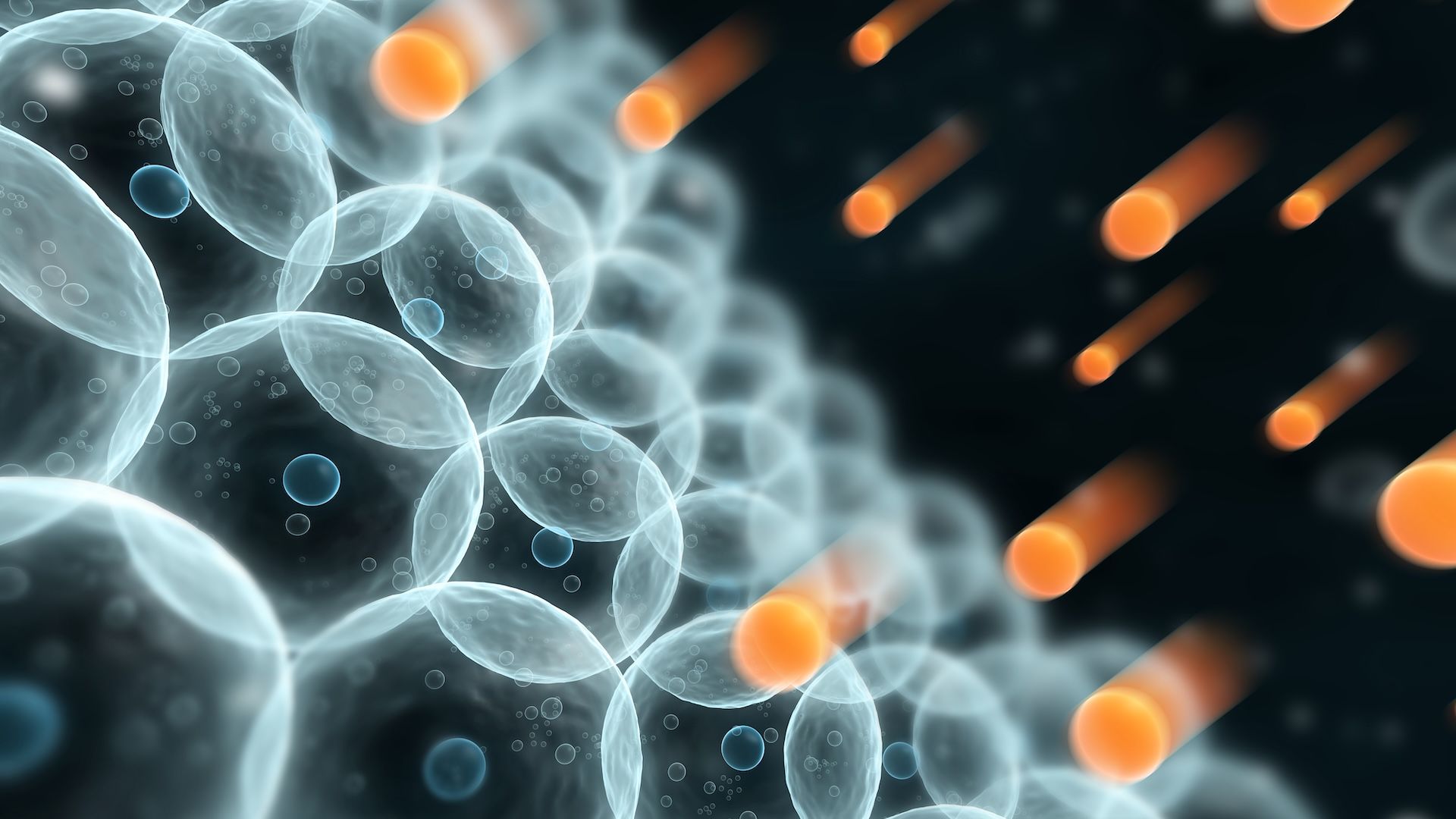Free radicals often get a bad reputation for wreaking havoc on our cells and speeding up aging. But are these highly reactive molecules really as evil as we think? Let’s break down the facts and see if free radicals deserve their notorious label—or if they’re just misunderstood.

What Are Free Radicals Anyway?
Free radicals are molecules missing an electron. Because of this, they’re always on the hunt to steal electrons from other molecules—sometimes damaging DNA, proteins, or cell membranes. This process, called oxidative stress, has been linked to aging and several chronic diseases. No wonder people call them the “bad guys” of our bodies!
But Wait—Is There a Good Side?
Here’s the twist: free radicals aren’t all doom and gloom. Our immune system actually creates free radicals to fight off bacteria and viruses. In small doses, they help our bodies respond to infections and even assist in cell signaling. The real problem starts when there’s an overload and our natural antioxidants can’t keep up. It’s kind of like that one friend who’s great at parties—until they don’t know when to leave.
So, next time you hear about free radicals, remember: in moderation, they’re just doing their job. Maybe we should stop blaming them for every wrinkle and sniffle. After all, who knew that the so-called villains could also be health heroes?